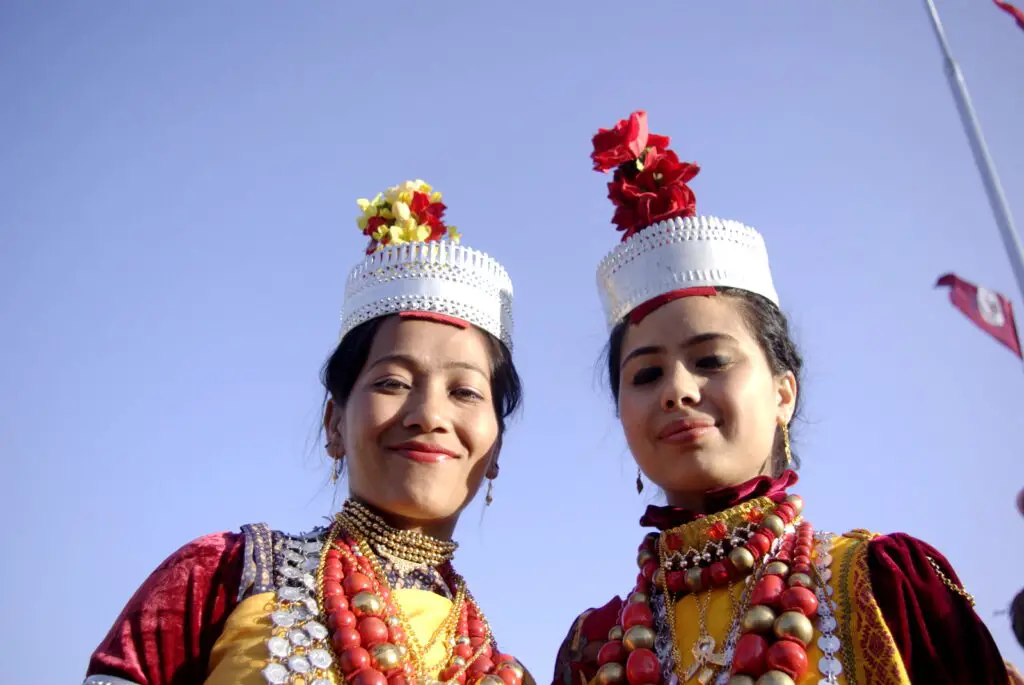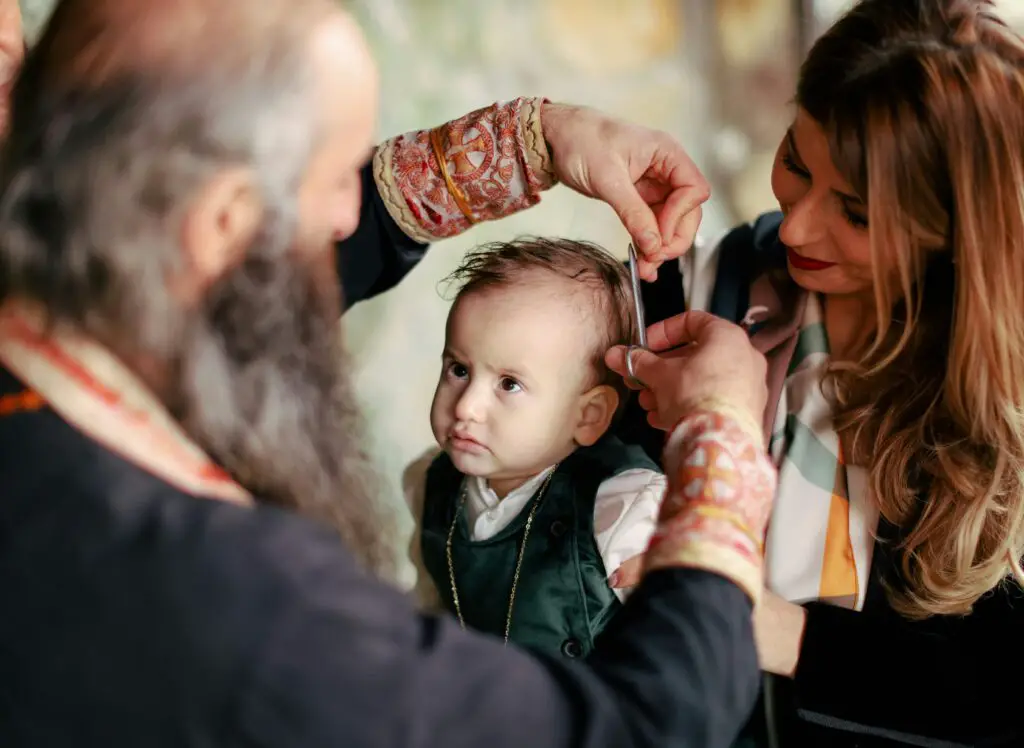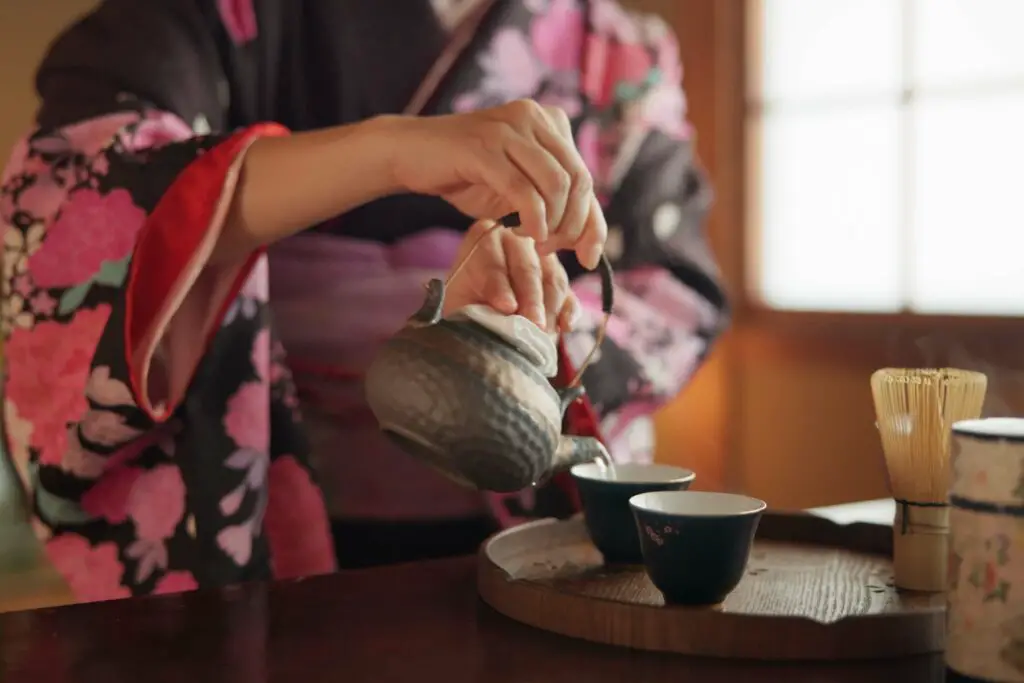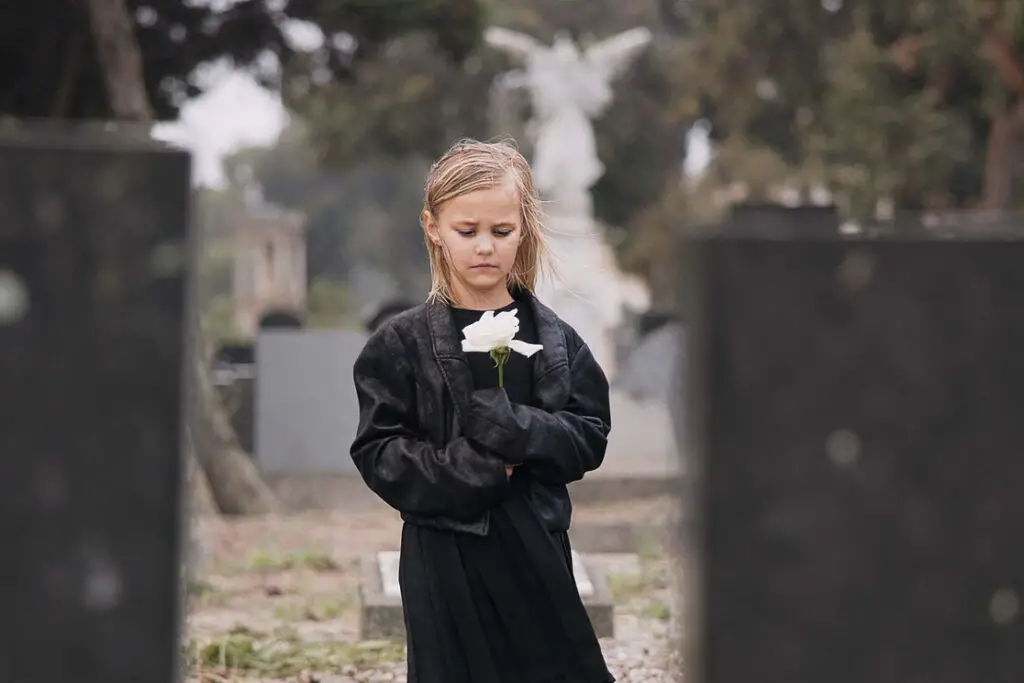1. Taking Your Shoes Off at the Door – Japan

In Japan, the moment you walk into someone’s home, off go the shoes. At first glance, it might seem overly formal or even a hassle, but when you think about it, it’s incredibly practical. No one wants street grime traipsed across a pristine tatami mat or living room floor. Slippers are often provided for guests, and there are even separate ones just for the bathroom shares Japan Living Guide.
This tradition isn’t just about cleanliness, though, it’s also rooted in respect. It’s a quiet way of acknowledging that you’re entering someone’s personal space. And if you grew up with this habit, the idea of wearing sneakers indoors might feel downright barbaric. It’s second nature in Japan, like breathing. Your house isn’t just a building, it’s a sanctuary, and clean feet are the price of admission says Reddit.
2. Eating with Your Hands – India

In many parts of India, forks and knives take a back seat to your own two hands. Specifically, your right hand, since the left is traditionally reserved for more, let’s say, hygienic tasks. If you weren’t raised in that culture, it might seem messy or unsanitary, but for many Indians, eating with your hands is intimate, respectful, and even spiritual says Wikipedia.
Touching your food helps you connect with it, and it’s believed to aid digestion by preparing your body for what’s coming. There’s even a specific technique to how you mix rice with curry or scoop up dal. It’s not careless at all, it’s an art. And once you’re used to it, you might find cutlery a bit impersonal shares Quora.
3. Siestas in the Afternoon – Spain

For many Spaniards, the hours after lunch are sacred. Businesses close, the streets quiet down, and everyone heads home for a little rest. The siesta isn’t laziness, it’s a cultural adaptation to long, hot afternoons and late-night socializing. If you didn’t grow up with it, taking a nap mid-workday might feel like slacking off.
But in Spain, it makes perfect sense. You eat your biggest meal at lunch, unwind for a bit, and then return to work refreshed. It’s not uncommon for the workday to stretch into the evening, which is why dinner might not happen until 10 p.m. Once you adjust to the rhythm, it’s hard to go back to the grind of a strict 9-to-5.
4. Using Two Hands to Give or Receive – South Korea

In South Korea, handing someone money, a gift, or even a drink is usually done with two hands. It might look overly formal at first, but it’s really about showing respect. Especially when dealing with someone older or in a higher position, this gesture conveys humility and politeness.
It’s not just about the object you’re giving, it’s about how you give it. One hand might seem rushed or thoughtless. Using two hands slows you down and makes the interaction feel more intentional. If you grew up with this tradition, seeing someone casually toss a business card across a table would feel surprisingly rude.
5. Slurping Noodles – Japan

In most Western countries, slurping is considered bad manners. But in Japan, if you’re eating ramen or soba and not slurping, you might be doing it wrong. The loud inhale isn’t just allowed, it’s encouraged. It shows that you’re enjoying the meal and also helps cool down hot noodles.
There’s actually technique involved, and some believe it enhances the flavor. It might sound strange until you try it, but once you do, it starts to make perfect sense. Silence over a steaming bowl feels kind of awkward by comparison. And in a busy noodle shop, the symphony of slurps can be oddly comforting.
6. Knocking Before Entering a Room – Ghana

In Ghana, even if a door is wide open, you’re expected to knock before entering. It doesn’t matter if it’s your friend’s bedroom or your aunt’s kitchen. The knock isn’t about seeking permission in the strictest sense, it’s a courtesy, like saying, “I see this is your space.”
It’s a subtle but powerful way of showing respect. To someone unfamiliar, it might seem unnecessary or even silly, especially with open doors. But to Ghanaians, barging in unannounced is unthinkably rude. It’s about acknowledging someone else’s presence and boundaries, even in the most familiar spaces.
7. Throwing Water During New Year – Thailand

Thailand’s Songkran festival is one big water fight, and yes, it’s completely sanctioned by tradition. It marks the Thai New Year, and while the splashing may seem chaotic, there’s a lot of meaning behind it. Water symbolizes purification, washing away bad luck and sins from the past year.
What started as a gentle tradition of pouring water on elders has turned into days of joyful soaking in the streets. If you grew up in Thailand, it’s not just fun, it’s a deeply emotional reset. Getting drenched isn’t an inconvenience, it’s part of starting fresh. Outsiders might reach for umbrellas, but locals embrace every drop.
8. Greeting Everyone in the Room – France

In France, walking into a room and not saying “bonjour” to everyone can come off as cold or even offensive. Whether it’s a party or a small shop, greetings matter. It’s not just a hello, it’s a recognition of shared space and a small social contract.
This custom might feel excessive if you’re used to keeping to yourself. But once you’re immersed in it, it creates a sense of connection and community. It’s about acknowledging others, even briefly, and that effort goes a long way. Miss a greeting in France, and you’ll notice the chill immediately.
9. Saving the Top of the Head for Last – Thailand

In Thai culture, the head is considered the most sacred part of the body. That’s why touching someone’s head, even in a playful or affectionate way, is generally avoided. It’s also why kids are taught early on not to pass things over someone’s head or pat a sibling’s hair.
This tradition might be baffling if you’re not used to it, especially if head pats are part of your own culture’s way of showing love. But in Thailand, the head is linked to the spirit. If you grew up there, it’s instinctual to be mindful of it. Even haircuts and salon visits are treated with subtle reverence.
10. Saying “Itadakimasu” Before Eating – Japan

Before digging into a meal, Japanese people say “itadakimasu,” which loosely translates to “I humbly receive.” It’s a moment of gratitude not just to the cook, but to the farmers, the animals, the plants, and everyone else involved. It’s a small ritual, but a meaningful one.
To outsiders, it might seem like a quaint custom or a formality, but for many Japanese, it’s about recognizing the interconnectedness of food. If you grew up with this, eating without that pause would feel incomplete. It sets the tone for the meal and reminds you not to take it for granted.
11. Not Using First Names Casually – Germany

In Germany, calling someone by their first name right away can feel overly familiar. Titles and last names are often used in both professional and casual settings, and it can take time before someone invites you to use their first name. It’s not about being cold, it’s about boundaries and respect.
If you didn’t grow up with this norm, it might come across as stiff or overly formal. But Germans see it as courteous and clear. There’s a rhythm to how relationships evolve, and language reflects that. When the switch to first names finally happens, it actually feels like a meaningful gesture.
12. Celebrating Name Days – Greece

In Greece, your name day can be just as important as your birthday. Many Greeks are named after saints, and on the saint’s feast day, everyone with that name celebrates. Friends and family call, drop by, or send well wishes, and you might even throw a party.
If you’re not used to it, this second annual celebration might seem like overkill. But to Greeks, it’s another reason to honor community and tradition. Growing up with it means you feel doubly celebrated. Plus, it’s a fun way to stay connected to your cultural roots and your extended social circle.
13. Extended Mourning Periods – Armenia

In Armenian culture, mourning isn’t just about wearing black for a few days. The process can last weeks, months, or even a year, with regular memorial gatherings and commemorations. It’s a way of keeping the memory of the deceased alive while giving space for communal grief.
To outsiders, this might feel heavy or prolonged. But for Armenians, it’s a vital part of the healing process. You’re not expected to “get over it” quickly, and the community rallies around you. It’s not just about sadness, it’s about honoring a life and making sure that person is remembered deeply and properly.
14. Eating Dinner Late at Night – Argentina

In Argentina, it’s totally normal to sit down for dinner at 9, 10, or even 11 p.m. It’s not because people are lazy or disorganized, it’s just how the culture flows. The workday might end late, social life begins later, and meals are a long, relaxed affair.
To someone used to eating at 6 sharp, this schedule might seem impractical or exhausting. But if you grow up with it, it feels natural. There’s time to unwind, talk, and actually enjoy the food. It’s less about fuel and more about connection, and once you settle into the rhythm, it’s hard to go back.
